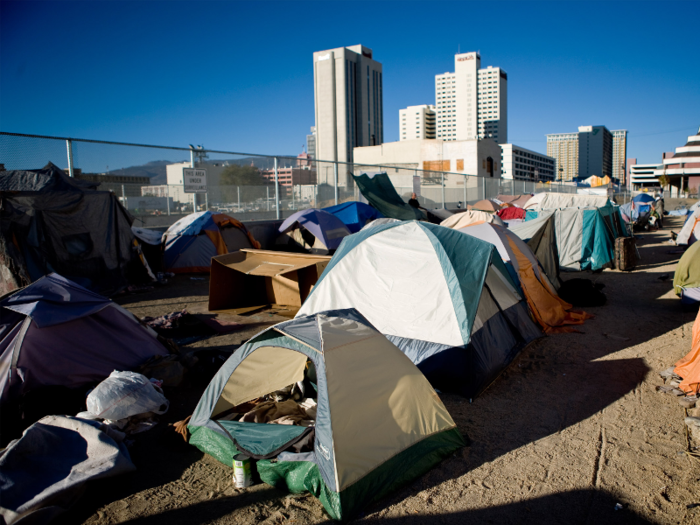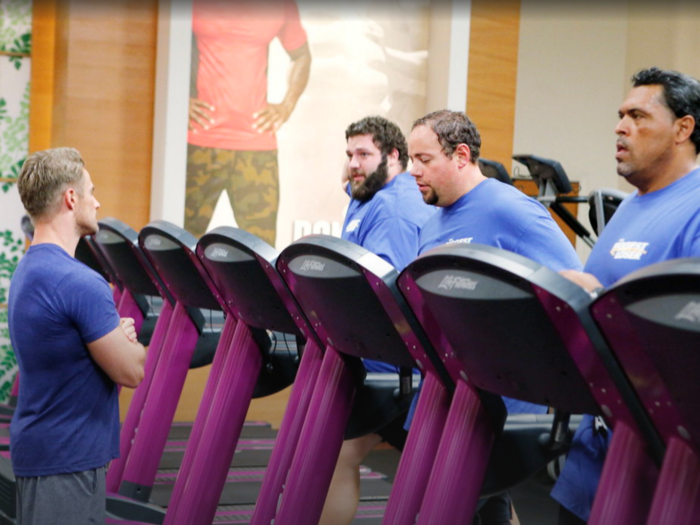- Home
- slideshows
- miscellaneous
- A Silicon Valley engineer who moved to the US from India 7 years ago reveals the most surprising things about class in America
A Silicon Valley engineer who moved to the US from India 7 years ago reveals the most surprising things about class in America
Americans seem to live in an 'almost classless society'

'Anybody can buy anything,' thanks to credit

"Obtaining credit in this country is extremely easy. Anybody can buy anything, for the most part, except for something like a Maserati, obviously."
"As a result, most monetary possessions aren't really status symbols. I believe that the only status symbol in America is your job, and possibly your educational qualifications."
In America, 'it's very difficult to tell who's wealthy and who's not'

"The wealthy people usually don't have many material possessions. Every millionaire I know drives old cars, wears Levi's jeans, etc. They tend to spend more on experiences."
"A lot of people I know who have fancy stuff usually go into credit card debt in order to fund their lavish lifestyle. It's strange! Perhaps expensive material possessions are simply a form of validation that rich people usually derive from their work, their family, friends, etc, which may not necessarily be the case for the average consumer."
"I'm almost certain that the 1% isn't the main clientele for any luxury brand in the US."
Many major US cities are 'riddled with homeless people'

"It's unfortunate, and the worst part is that the homeless here will come up to you and misbehave. I know of numerous cases where my friends have been heckled, assaulted, etc."
"I've been called racist expletives by homeless people who asked me to stop gentrifying the city. That never happened in India where the homeless were generally polite and knew that they'd face immediate consequences if they talked back or misbehaved with you."
"San Francisco, New York, LA, and other cities in the US are really glitzy and glamorous from the outside — cities with a lot of money, amazing infrastructure, the best minds and industries. While this all holds true, nobody talks about the homeless people other than the people who live in those cities (and surrounding areas)."
Brick houses are something of a status symbol in the US

"It's expensive to have brick houses in America, contrary to India where brick houses are the norm. In America most houses are built of wood."
In America, 'everyone is highly private about their accomplishments and failures'

"Someone's performance in any field is their performance alone. This is different compared to India where people flaunt their riches and share their accomplishments with everybody else."
'Unfortunately, it is expensive to be healthy in America'

"Rich people are thin/well maintained, poor people are fat. This stems from the fact that cheap food is fatty, rich people don't eat cheap food — they tend to eat either home-cooked food which is expensive or eat at expensive/healthy places. Unfortunately, it is expensive to be healthy in America."
And overweight people have it harder in society, too

"Fat people are not respected much in society. Being fat often has the same connotations as being irresponsible towards your body.
"If you're thin (and tall, but not as much), people will respect you a lot more and treat you better. You will also receive better customer service if you're well maintained.
"Reason why I know is that I went down from being 210 lbs. to 148-150 lbs. The way people started treating me when I was thin was generally way better than the way I was treated when I was fat. As a small example, the Starbucks baristas were much nicer to me and made me drinks with more care and love."
There is a 'dearth of African-Americans in technical fields'

"This probably stems from the fact that they aren't given enough opportunity."
Single-parent households aren't unusual in the US

"Split families, not having married parents, etc., is not seen differently than the contrary."
Popular Right Now
Popular Keywords
Advertisement